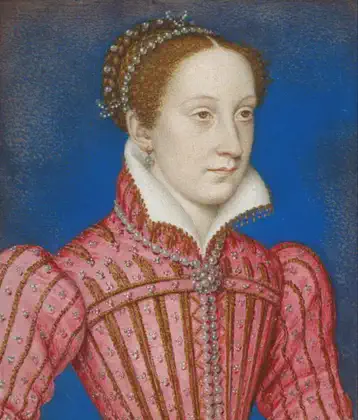On December 08, 1939 in Celtic History
Four senior ira men executed by the provisional government are executed without trial
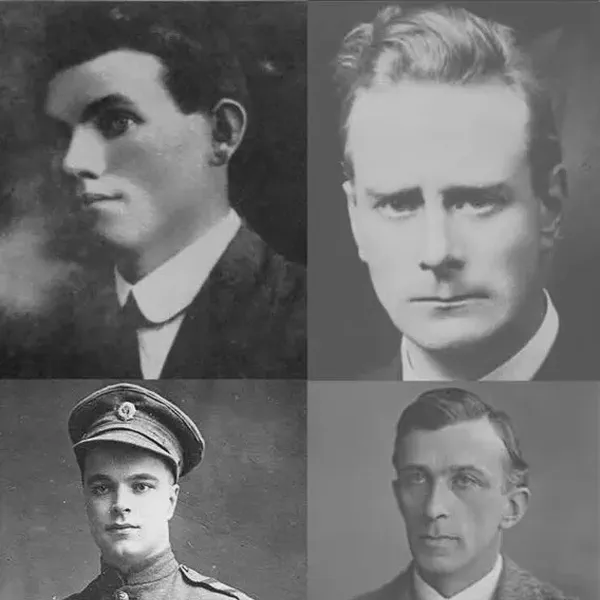
On 7 December 1922, Hales was killed by anti-Treaty IRA men as he left the Dáil in Dublin. Another TD, Pádraic Ó Máille, was also shot and badly wounded in the incident. His killing was in reprisal for the Free State’s execution of anti-treaty prisoners.
Hales was killed and Ó Máille was badly wounded. After an emergency cabinet meeting, the Free State government decided on the retaliatory executions of four prominent Republicans.
Execution 4 Republicans
In revenge for Hales’ killing, four republican leaders and Anti-Treaty militants (Joe McKelvey, Rory O’Connor, Liam Mellows and Richard Barrett) were executed in revenge the following day, 8 December 1922. O’Connor and Mellows particularly were revered heroes of the War of Independence. This was arguably an unlawful act, as the four Republicans had been captured before the Dáil passed the legislation authorising executions. It was also one of the most important Catholic feasts in the calendar, the Feast of the Immaculate Conception.
Four senior IRA men executed by the Provisional Government.
In 2011, the Irish government acknowledged that the executions that took place without trial were murder: “People who were murdered or executed without trial by the Cumann na nGaedheal Government were murdered. It was an atrocity and those people killed without a trial by the first government were murdered.
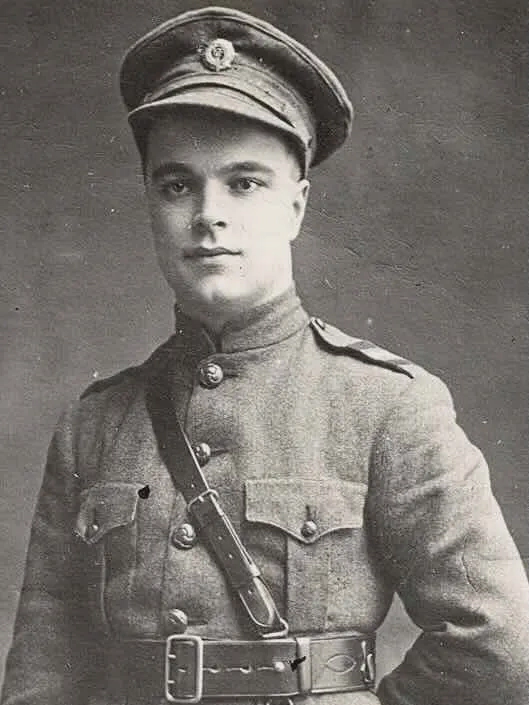
1) Joseph McKelvey
Joseph McKelvey (17 June 1898 – 8 December 1922) was an Irish Republican Army officer who was executed during the Irish Civil War without trial or court martial. He participated in the Anti-Treaty IRA’s repudiation of the authority of the Dáil Éireann, the civil government of the Irish Republic declared in 1919 in March 1922, and was elected to the IRA Army Executive. In April 1922, he helped command the occupation of the Four Courts in defiance of the new Irish Free State. This action helped to spark the civil war, between pro- and anti-treaty factions. McKelvey was among the most hardline of the republican side and, briefly in June 1922, became IRA Chief of Staff (Four Courts)
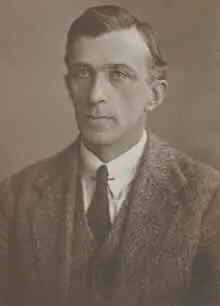
2) Roderick O’Connor
Roderick O’Connor (28 November 1883 – 8 December 1922) was an Irish republican revolutionary. He was Director of Engineering for the IRA in the Irish War of Independence. O’Connor opposed the Anglo-Irish Treaty of 1921 and was chairman of the republican military council that became the Anti-Treaty IRA in March 1922. He was the main spokesman for the republican side in the lead-up to the outbreak of the Irish Civil War in June of that year. On 30 June, O’Connor was taken prisoner at the conclusion of the attack by Free State forces on the Four Courts in Dublin.
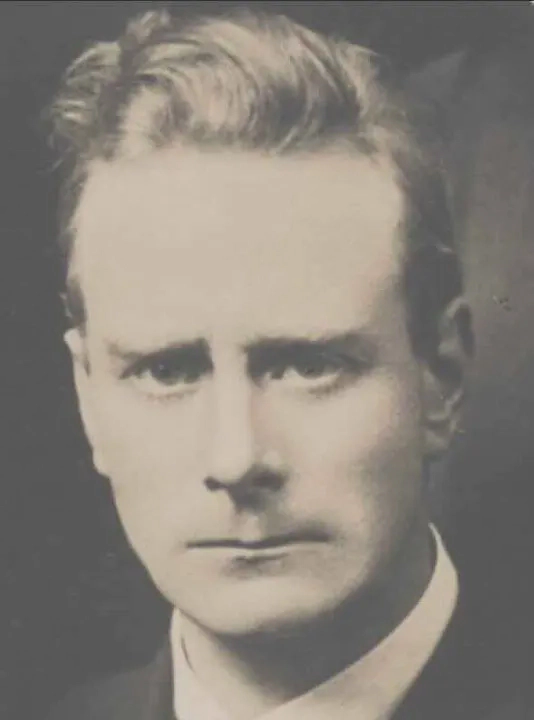
3) Liam Mellows
William Joseph Mellows (25 May 1892 – 8 December 1922) was an Irish republican and Sinn Féin politician. Born in England to an English father and Irish mother, he grew up in Ashton-under-Lyne before moving to Ireland, being raised in Cork, Dublin and his mother’s native Wexford. He was active with the Irish Republican Brotherhood and Irish Volunteers, and participated in the Easter Rising in County Galway and the War of Independence. Elected as a TD to the First Dáil, he rejected the Anglo-Irish Treaty. During the Irish Civil War Mellows was captured by Pro-Treaty forces after the surrender of the Four Courts in June 1922.
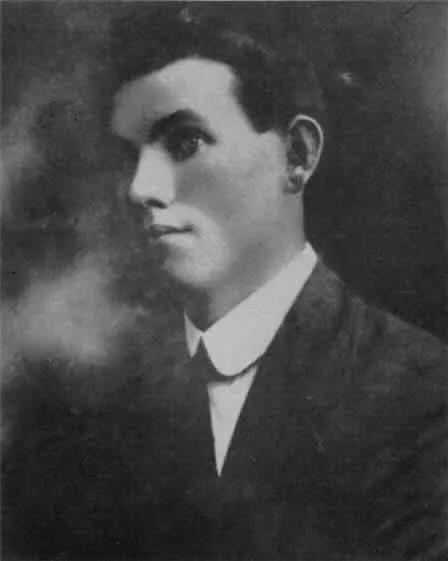
4) Richard Barrett
Richard Barrett (17 December 1889 – 8 December 1922), commonly called Dick Barrett, was a prominent Irish Republican Army officer who fought in the War of Independence and on the Anti-Treaty side in the Irish Civil War. He was assistant quartermaster-general of the IRA with the rank of commandant. During the Civil War he was captured by Free State forces at the Four Courts on 30 June 1922
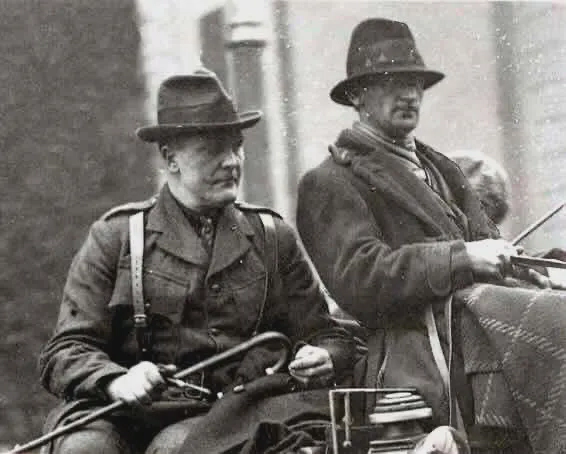
Seán Hales
Seán Hales (30 March 1880 – 7 December 1922) was an Irish political activist and member of Dáil Éireann from May 1921 to December 1922.
At the 1921 elections Hales was elected to the Second Dáil as a Sinn Féin member for the Cork Mid, North, South, South East and West constituency.
At the 1922 general election, he was elected to the Third Dáil as a pro-Treaty Sinn Féin Teachta Dála (TD) for the same constituency. He received 4,374 first-preference votes (7.9%). Shortly afterwards, the Irish Civil War broke out between the pro-Treaty faction, who were in favour of setting up the Irish Free State and the anti-Treaty faction, who would not accept the abolition of the Irish Republic.
Pádraic Ó Máille
Pádraic Ó Máille (23 February 1878 – 19 January 1946) was an Irish politician. He was a founder member of Sinn Féin and of the Conradh na Gaeilge in Galway. He was a member of the Irish Volunteers from 1917 to 1921.
He was born in Kilmilkin, in Maam Valley in County Galway and was a farmer. He was elected as a Sinn Féin MP for Galway Connemara at the 1918 general election.
In January 1919, Sinn Féin MPs who had been elected in the Westminster elections of 1918 refused to recognise the Parliament of the United Kingdom and instead assembled at the Mansion House in Dublin as a revolutionary parliament called Dáil Éireann. He was re-elected as a Sinn Féin Teachta Dála (TD) for the Galway constituency at the 1921 elections.
He supported the Anglo-Irish Treaty and voted in favour of it. He was re-elected as a pro-Treaty Sinn Féin TD for Galway at the 1922 general election, and was elected as a Cumann na nGaedheal TD for Galway at the 1923 general election. In the subsequent Irish Civil War, he was targeted for assassination by anti-Treaty forces and was shot and badly wounded in Dublin in December 1922.
More From This Day
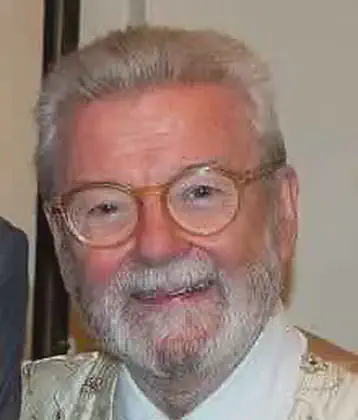

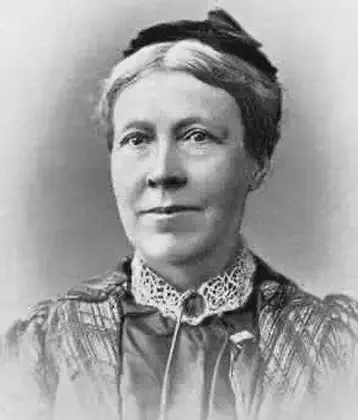
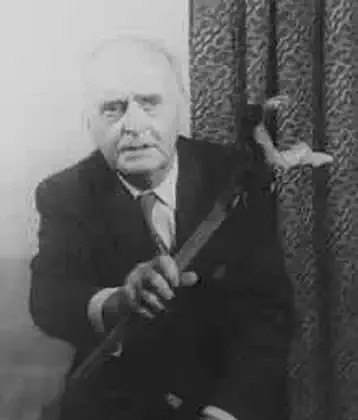
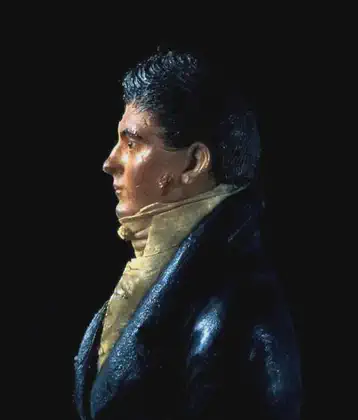
James Hoban, the Kilkenny architect who designed the White House, died
December 08, 1831
